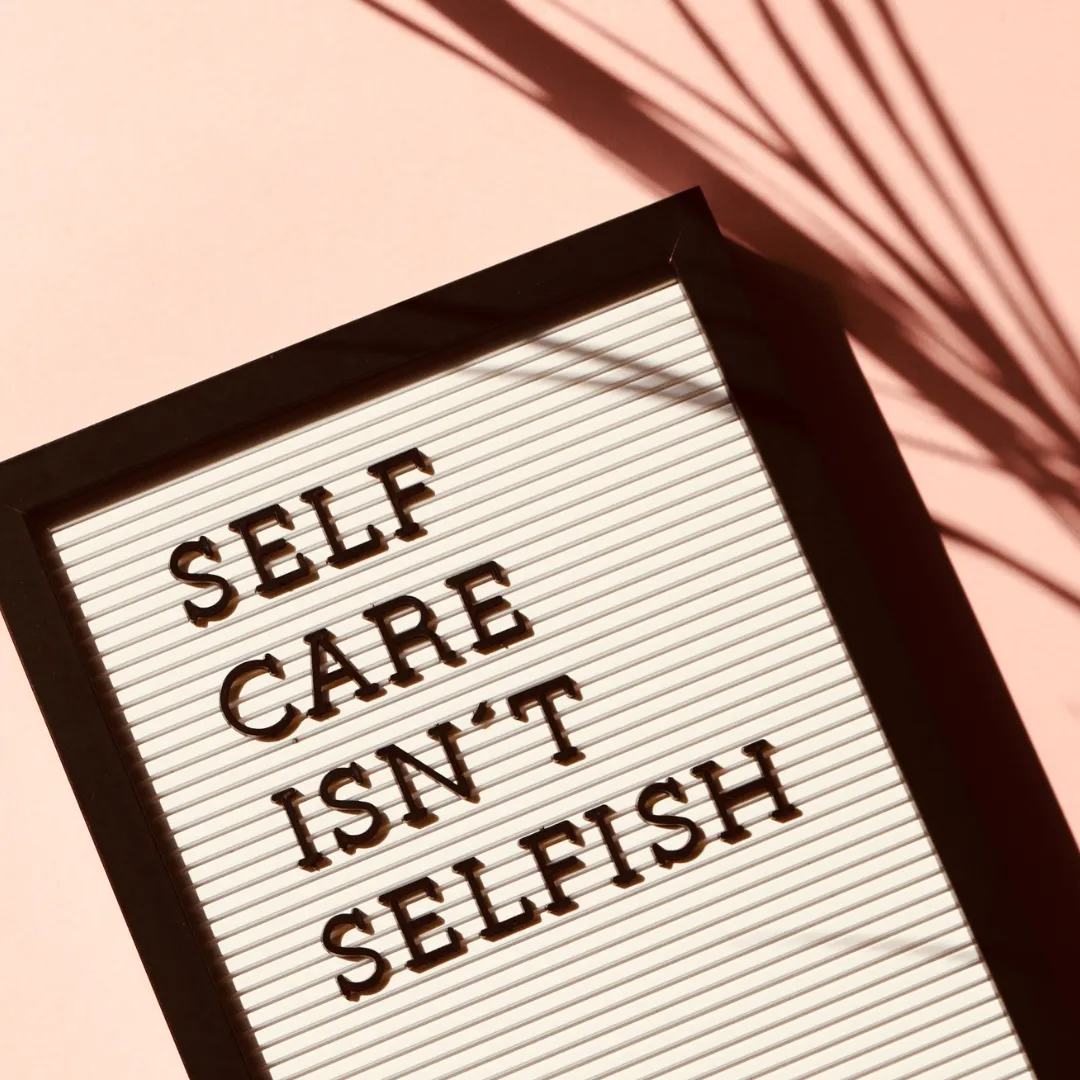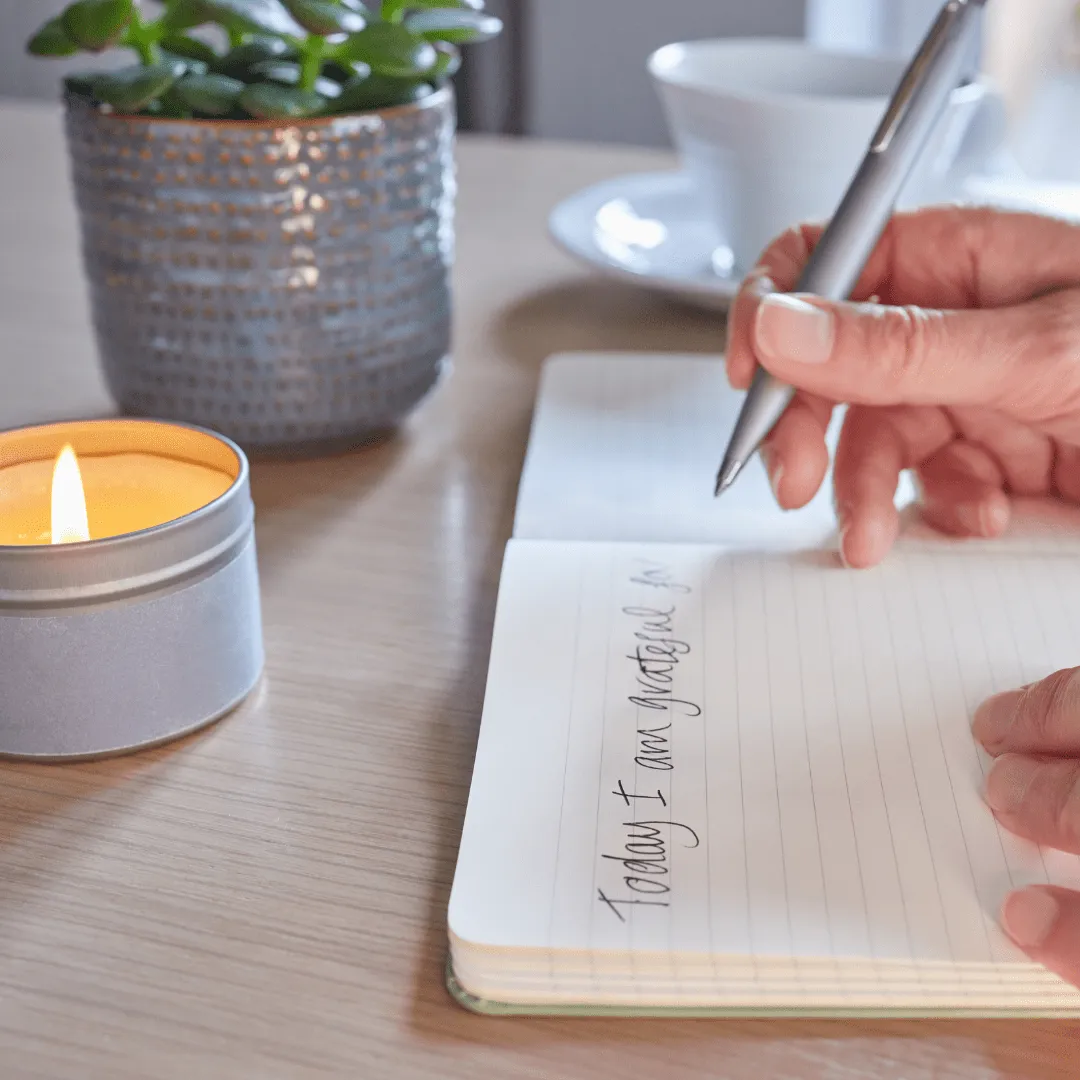6 Essential Steps to Effectively Manage Stress for Women Over 40 - Helpful Tips and Strategies
6 Essential Steps to Effectively Manage Stress for Women Over 40 - Helpful Tips and Strategies
Disclaimer: This post contains an affiliate link. If you purchase a product or service through the link, I may receive a small commission, which helps to support the site. The opinions expressed on our site are our own and not influenced by any affiliate commissions we may receive. Please Read Our Full Disclosure Here.
As a woman over 40, I know firsthand how overwhelming and challenging life can become. I am constantly juggling multiple priorities such as work, family and personal life while also dealing with the physical changes that come with age. I often find myself wondering, "what is the best way to manage stress?".
The reality is, there is no one-size-fits-all solution. However, there are steps you can take to alleviate stress and feel more in control of your life. In this article, I will share tips and strategies that have worked for me and others to help you manage stress effectively.
Here are the steps to take.
Step 1: Identify sources of stress
- Be aware of what causes you to feel stressed.
- Make a list of situations and events that trigger feelings of stress and anxiety.
- Include common stressors such as work, money, family, and relationships.
Step 2: Develop healthy coping mechanisms
- Find effective coping mechanisms that work for you.
- Consider techniques such as deep breathing, meditation, and mindfulness practices.
- Make time for relaxation, exercise and other activities that you enjoy.
Step 3: Prioritize self-care
- Make time for rest, relaxation, and the activities you enjoy.
- Create a self-care plan that includes daily habits such as taking a walk, practicing yoga or cooking your favorite meals.
- Prioritize getting enough sleep or developing a consistent sleep schedule.
Step 4: Connect to social support
- Talk to friends, family, or a professional about your stressors.
- Surround yourself with people who support and uplift you.
- Join a support group, or seek out online communities for support.
Step 5: Implement stress reduction techniques
- Consider guided meditation or deep breathing exercises.
- Try relaxation techniques such as yoga or body scan.
- Write in a journal, listen to calming music or take a warm bath.
Step 6: Seek professional help if needed
- Consider talking to a therapist, counselor or doctor if your stress is persistent, intense, or chronic.
- Seek medical care if your stress is accompanied by other physical symptoms such as chest pain or palpitations.
Please remember, everyone manages stress differently, and what works for one person may not be effective for another. Experiment with different stress reduction techniques to discover what works for you.








